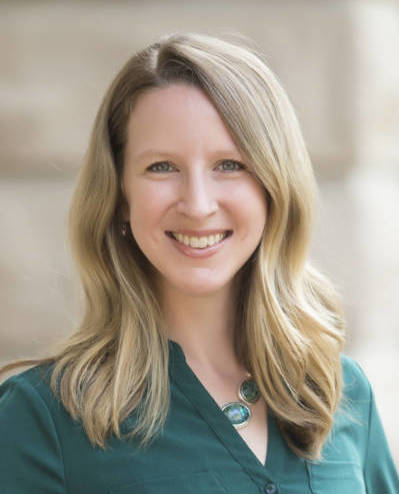
Jennifer Trueblood, Ph.D.
Associate Professor
Psychological Sciences
Vanderbilt University
Urgency, Leakage, and the Relative Nature of Information Processing in Decision-making
Abstract
About the Speaker
Jennifer Trueblood is an Associate Professor of Psychology at Vanderbilt. Her research takes a joint experimental and computational modeling approach to study human judgment, decision-making, and reasoning. She is interested in understanding (1) how people make decisions when faced with multiple alternatives, (2) how dynamically changing information affects decision processes, (3) how people reason about complex causal events, and (4) how different perspectives, contexts, and frames can lead to interference effects in decision-making and memory. To address these questions, she develops probabilistic and dynamic models that can explain behavior and uses hierarchical Bayesian methods for data analysis and model-based inference. Her research is currently supported by a CAREER award from the National Science Foundation and by the Alfred P. Sloan Foundation. She is currently on the editorial boards of the Journal of Mathematical Psychology and Decision. She is also a past president of the Society for Mathematical Psychology.
